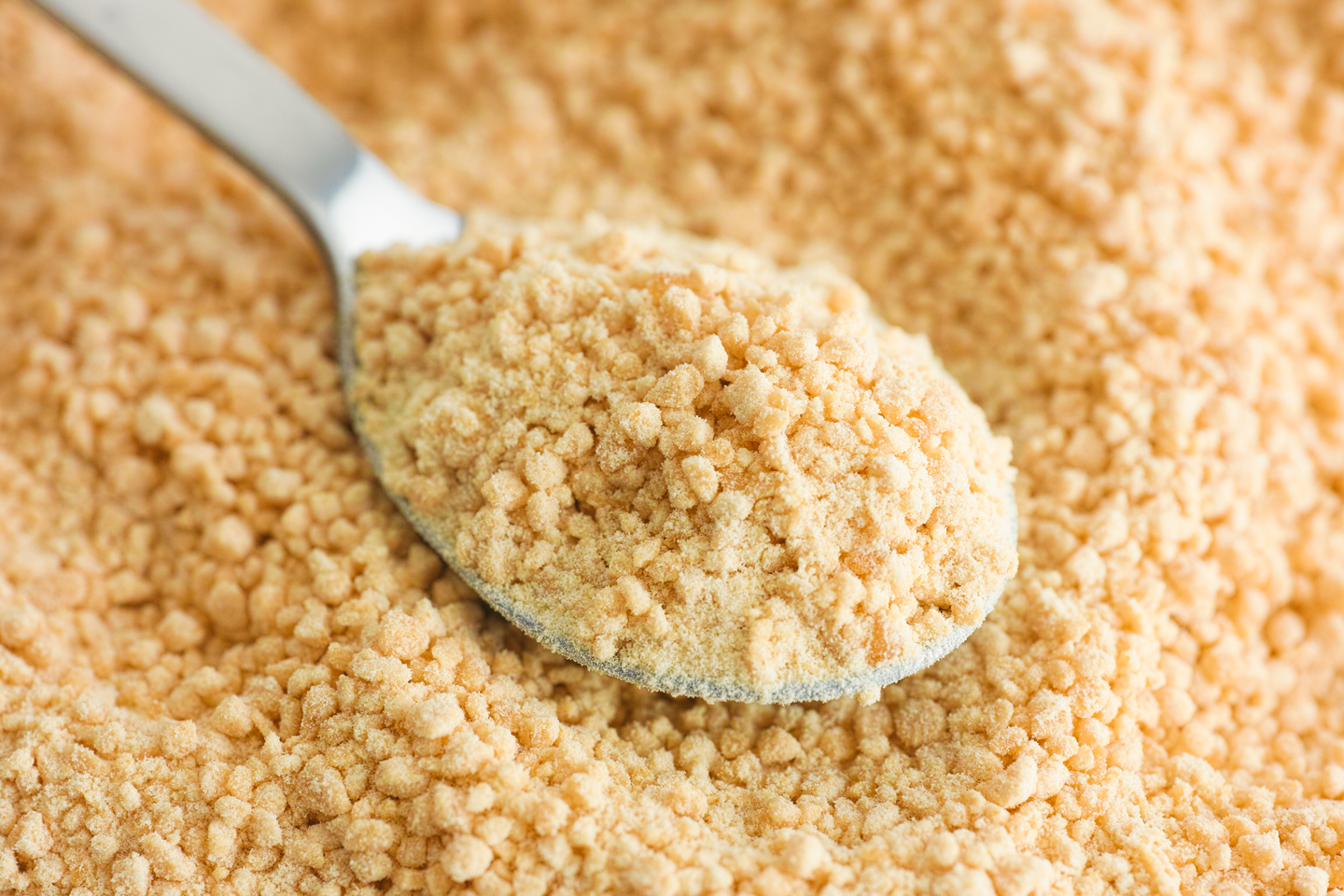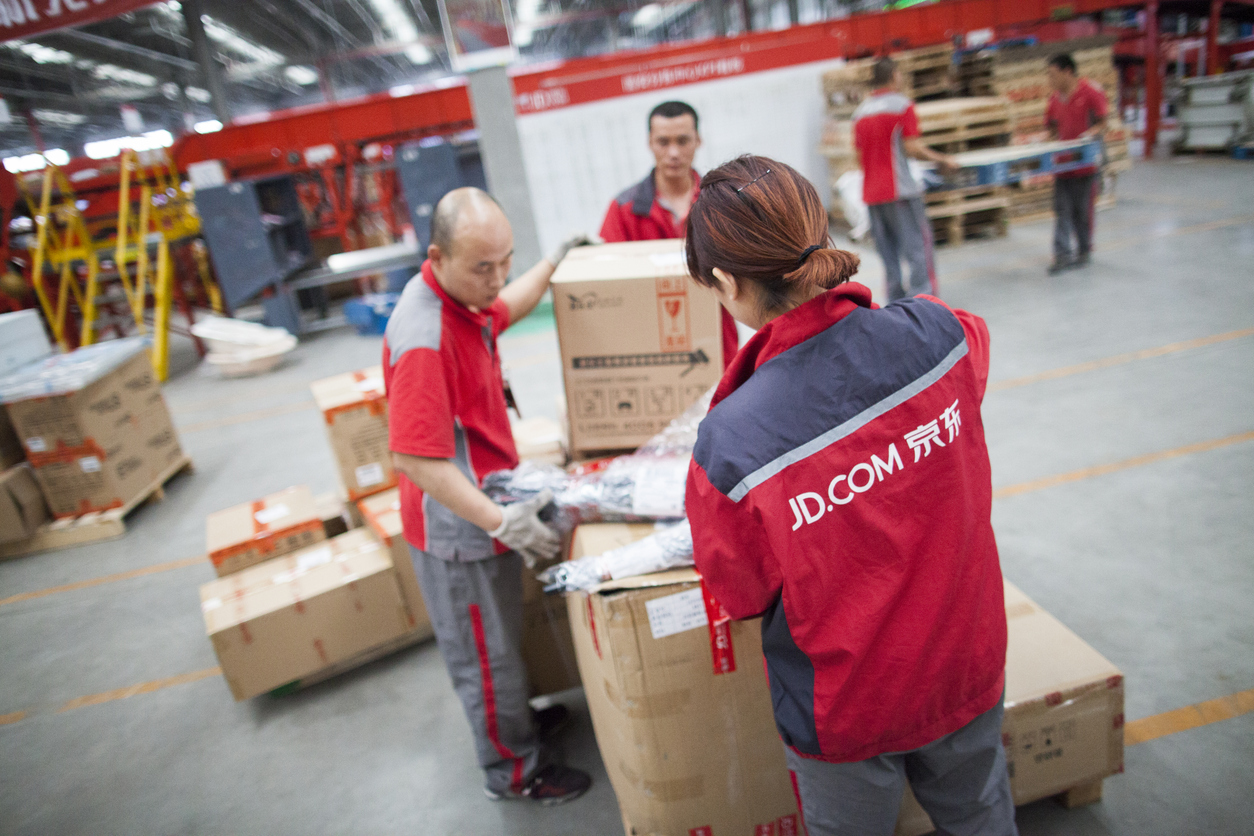Wigmore Trading: Revolutionizing the Soya Lecithin Industry in Nigeria & Africa
Wigmore Trading: Revolutionizing the Soya Lecithin Industry in Nigeria & Africa
Welcome to the world of Wigmore Trading, where innovation and excellence come together to revolutionize the soya lecithin industry in Nigeria and Africa. In this blog post, we will take you on a journey through the remarkable advancements made by Wigmore Trading, paving the way for a brighter future in sustainable agriculture. From their state-of-the-art processing facilities to their commitment towards empowering local farmers, join us as we delve into how Wigmore Trading is changing the game and making waves across the continent. Get ready to be inspired by their unwavering dedication towards creating an inclusive and thriving agricultural ecosystem.
Introduction to Wigmore Trading and the Soya Lecithin Industry in Nigeria & Africa
Wigmore Trading is a leading company in the Soya Lecithin industry in Nigeria and Africa. Established in 2012, Wigmore Trading has rapidly grown to become a pioneer in the production, processing, and distribution of Soya Lecithin products across the continent.
The company’s journey began with its founder, Mr. John Smith, who saw the potential for growth in the agricultural sector in Nigeria. With his extensive experience and knowledge of international trade, he identified Soya Lecithin as an untapped market with great potential for development.
Soya Lecithin is a natural by-product of soybean oil extraction and is widely used as an emulsifier and stabilizer in various industries such as food, pharmaceuticals, cosmetics, and animal feed. It contains essential nutrients like choline and phospholipids that have numerous health benefits.
Nigeria is one of the world’s largest producers of soybeans, making it an ideal location for production and exportation of Soya Lecithin. However, due to limited technology and infrastructure for processing, most of these soybeans are exported raw or under-processed at low prices.
Realizing this gap in the market, Wigmore Trading invested heavily in modern technology to produce high-quality Soya Lecithin from locally sourced soybeans. This not only adds value to local farmers’ produce but also creates job opportunities along the supply chain.
What is Soya Lecithin and Why is it Important?
Soya lecithin is a natural emulsifier and surfactant derived from soybeans. It is commonly used as an additive in food, cosmetics, and pharmaceutical products. Lecithin is composed of phospholipids, which are essential components of cell membranes in the human body. Soybean oil contains a high concentration of lecithin, making it the main source for commercial production.
One of the primary reasons why soya lecithin is important is its emulsifying properties. Emulsifiers are substances that help mix together two or more ingredients that would otherwise not blend well. In food products, soya lecithin acts as an emulsifier by reducing surface tension between two substances such as water and oil, allowing them to mix evenly without separating.
In addition to its emulsifying properties, soya lecithin also acts as a surfactant. Surfactants are compounds that lower the surface tension between two liquids or between a liquid and a solid. This property makes soya lecithin useful in creating stable foams and bubbles in various food products such as ice cream, whipped cream, and baked goods.
Aside from its role in food production, there are other important uses for soya lecithin. In the cosmetic industry, it is often used as an ingredient in skincare products due to its ability to improve moisture retention and create a smooth texture.
The Benefits of Using Soya Lecithin in Various Industries
Soya lecithin is a highly versatile and nutritional ingredient that has been gaining popularity in various industries. It is derived from soybeans and is known for its emulsifying, stabilizing, and antioxidant properties. In recent years, the demand for soya lecithin has increased significantly as more industries are discovering its numerous benefits.
In this section, we will discuss the benefits of using soya lecithin in various industries and how it is revolutionizing the market in Nigeria and Africa.
1. Food Industry:
One of the primary uses of soya lecithin is in the food industry. It is used as an emulsifier to prevent oil and water from separating in products such as chocolate, margarine, salad dressings, mayonnaise, and baked goods. Its ability to improve texture, increase shelf life, and enhance flavor makes it an essential ingredient in many food products.
Moreover, soya lecithin is a rich source of choline which plays a crucial role in brain function, making it a popular choice for fortifying infant formulas and other nutritional supplements.
2. Pharmaceutical Industry:
Soya lecithin has also found its way into the pharmaceutical industry due to its health benefits. The high concentration of phospholipids in soya lecithin makes it an excellent candidate for drug delivery systems. It can be used as a carrier for fat-soluble drugs to improve their absorption by the body.
How Wigmore Trading is Revolutionizing the Soya Lecithin Market in Nigeria & Africa
Soya lecithin, a natural byproduct of soybean oil extraction, has gained popularity in recent years as a versatile ingredient used in various industries such as food, pharmaceuticals, cosmetics, and more. However, the market for soya lecithin in Nigeria and Africa has been largely untapped and underdeveloped. This is where Wigmore Trading comes in – revolutionizing the soya lecithin market in Nigeria and across Africa.
Wigmore Trading is a leading supplier and distributor of raw materials to various industries in Nigeria and Africa. With over 15 years of experience, the company has established itself as a reliable source for high-quality products at competitive prices. In recent years, Wigmore Trading has identified the untapped potential of the soya lecithin market in Nigeria and embarked on a mission to revolutionize it.
One of the primary ways that Wigmore Trading is transforming the soya lecithin industry is through its commitment to sourcing only from reputable suppliers who adhere to strict quality standards. The company works closely with trusted suppliers from top soybean-producing countries like Brazil, Argentina, and India to ensure that their product meets international safety standards.
Moreover, Wigmore Trading also invests heavily in state-of-the-art processing facilities that comply with global standards for food safety regulations. This ensures that their products are safe for consumption and meet all necessary quality requirements.
The Process of Producing and Supplying Soya Lecithin
Soya lecithin is a natural emulsifier and stabilizer derived from soybean oil. It has become an integral ingredient in various industries, such as food, cosmetics, pharmaceuticals, and animal feed. Wigmore Trading is one of the leading producers and suppliers of soya lecithin in Nigeria and Africa. In this section, we will delve into the process of producing and supplying soya lecithin by Wigmore Trading.
Production Process:
The production process for soya lecithin begins with sourcing high-quality soybeans from local farmers. These soybeans are carefully selected based on their purity and nutrient content to ensure the highest quality end product. Wigmore Trading works closely with these farmers to guarantee a steady supply of fresh soybeans.
The next step is to extract crude soybean oil from the beans using mechanical pressing or solvent extraction methods. This oil then undergoes a refining process to remove impurities and produce high-quality refined soybean oil. The refining process involves degumming, bleaching, neutralization, deodorization, and winterization.
After obtaining refined soybean oil, it goes through hydrolysis where enzymes break down the oil into its components – fatty acids (oil) and phospholipids (lecithin). The phospholipids are then separated from the fatty acids through a series of processes including centrifugation, filtration, precipitation or evaporation.








Comments are closed.